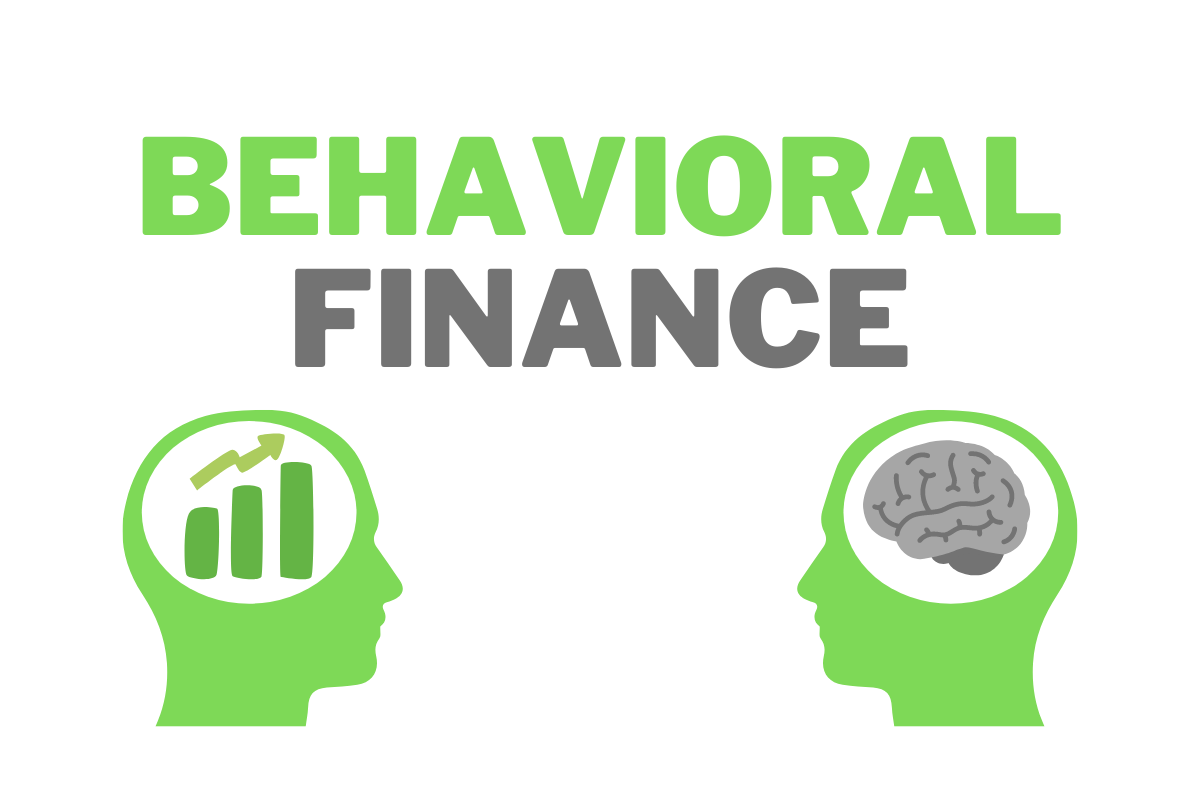Understanding Behavioral Finance: Must-Read Books to Expand Your Financial Insight
In the dynamic world of finance, where numbers and charts intertwine with human behavior, lies a realm of study known as behavioral finance. This captivating field delves into how our thoughts, emotions, and decision-making processes influence financial markets and outcomes. If you're keen on delving deeper into this intriguing intersection, here are some approachable and enlightening books that will not only broaden your understanding but also offer practical insights for your financial journey.
"Thinking, Fast and Slow" by Daniel Kahneman:
At the core of behavioral finance is understanding how our minds work. Nobel laureate Daniel Kahneman breaks down human thought into two systems: fast, intuitive thinking and slow, deliberate thinking. Through relatable anecdotes and research, he explains how these systems impact our financial decisions. From the "anchoring effect" to the "endowment effect," Kahneman unveils the cognitive biases that can lead us astray and offers techniques to mitigate their influence.
"Predictably Irrational" by Dan Ariely:
Dan Ariely, a leading behavioral economist, invites readers to explore the irrational aspects of human decision-making. Through intriguing experiments and real-world examples, Ariely uncovers how emotions, social norms, and external cues steer our financial choices. From the allure of "free" offers to the tendency to avoid loss at all costs, Ariely's book shines a light on the quirks that make us predictably irrational.
"Nudge" by Richard H. Thaler and Cass R. Sunstein:
In this groundbreaking book, Richard H. Thaler and Cass R. Sunstein introduce the concept of "nudges." Nudges are subtle changes in the way choices are presented that can guide people toward making better decisions. From retirement planning to healthcare choices, the authors illustrate how small adjustments can lead to significant improvements in outcomes. By designing environments that encourage wise choices without limiting freedom, this book empowers readers to harness behavioral insights for better financial decisions.
"The Psychology of Money" by Morgan Housel:
Morgan Housel takes a personal and practical approach to the psychology of money. He emphasizes that understanding your relationship with money is just as important as understanding the numbers themselves. Housel highlights the role of humility, adapting to uncertainty, and the power of long-term thinking in building wealth. Through relatable stories and real-world examples, he encourages readers to align their financial decisions with their individual goals and values.
"Misbehaving" by Richard H. Thaler:
Richard H. Thaler considered one of the fathers of behavioral economics, takes readers on a journey through the history and evolution of the field. Thaler shares insights into the challenges faced by behavioral economists in changing the way traditional economists think about human behavior. Through captivating anecdotes, he showcases how behavioral economics emerged as a powerful tool to explain the discrepancies between economic theory and real-world financial behavior.
"The Behavioral Investor" by Daniel Crosby:
Transitioning from theory to practice, Daniel Crosby's book bridges the gap between behavioral science and investing. Crosby identifies common psychological pitfalls that investors often fall into, such as overconfidence and loss aversion. By understanding these biases, readers can develop strategies to enhance their decision-making and cultivate a more successful investment mindset.
"Why Smart People Make Big Money Mistakes" by Gary Belsky and Thomas Gilovich:
Gary Belsky and Thomas Gilovich delve into the world of cognitive biases that affect our financial choices. This book explores why even intelligent individuals make financial blunders. From the "sunk cost fallacy" to the "confirmation bias," the authors dissect common mental traps and provide strategies to overcome them. Through humorous anecdotes and relatable examples, they offer a comprehensive guide to understanding and avoiding these pitfalls.
Embracing the world of behavioral finance isn't just reserved for financial professionals. These books are designed to empower anyone with an interest in understanding the intricate relationship between human psychology and financial decisions. By uncovering the biases that color our choices, readers can equip themselves with the tools to make more informed decisions and navigate the complex landscape of money with confidence.
In a world where numbers and rationality often dominate financial discussions, behavioral finance introduces a refreshing perspective—one that acknowledges the importance of emotions, biases, and human fallibility. Armed with insights from these books, you'll be better prepared to recognize the behavioral patterns that influence your financial choices and position yourself for improved financial well-being.
So, as you embark on your journey to explore the captivating world of behavioral finance, grab a cup of your favorite beverage and immerse yourself in these thought-provoking reads. The insights you gain might just transform the way you think about money, investing, and decision-making, setting you on a path toward greater financial success and understanding.






